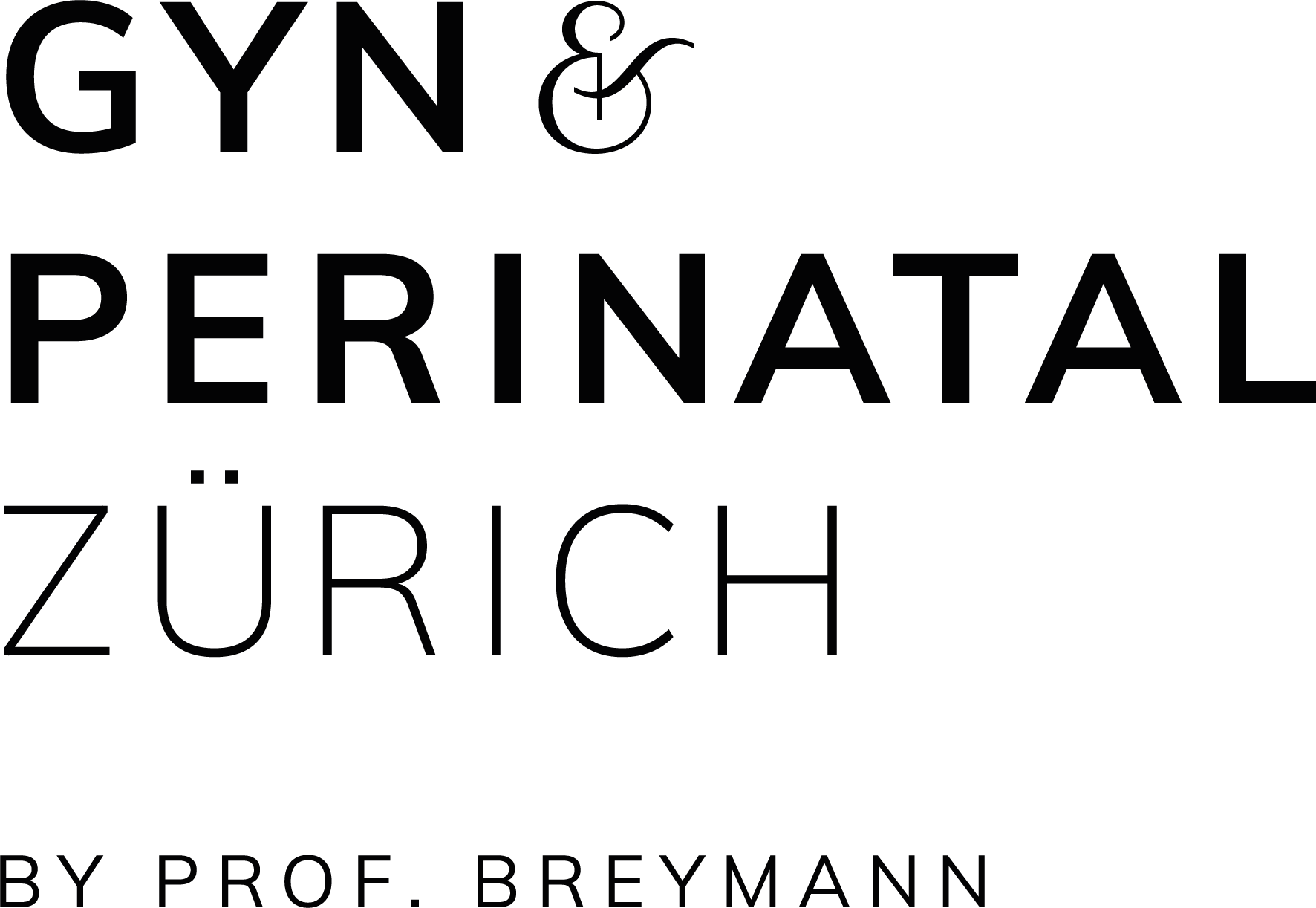Human papillomavirus (HPV) stress
Is stress related to the presence and persistence of oncogenic human papillomavirus infection in young women?
Authors: Ulrike Kuebler, Susanne Fischer, Laura Mernone, Christian Breymann, Elvira Abbruzzese and Ulrike Ehlert (2021)
Background:
Persistent high-risk human papillomavirus (HR-HPV) infection is the most important risk factor for the development of cervical cancer, but factors contributing to HR-HPV persistence are incompletely understood. The aim of this study was to test associations of chronic stress and two aspects of daily cortisol secretion (i.e. cortisol awakening response [CAR] and total cortisol production throughout the day [AUCgday]) with HR-HPV status at baseline and 12 months later (follow-up).
Methods:
We studied 188 women (25 ± 3 years) at baseline. Follow-up was restricted to HR-HPV-infected women at baseline. Of the first 48 HR-HPV-positive participants, 42 completed follow-up (16 HR-HPV-positive and 26 HR-HPV-negative). At baseline and follow-up, we determined HR-HPV status in cervical smears, assessed chronic stress and measured salivary cortisol repeatedly throughout the day. At baseline, we analysed salivary cortisol only in a subgroup of 90 participants (45 HR-HPV negative and 45 HR-HPV positive).
Results:
At baseline, higher chronic stress (excessive demands at work: p = 0.022, chronic worry: p = 0.032) and higher CAR (p = 0.014) were associated with HR-HPV positivity at baseline. At follow-up, there was a statistical trend for a positive association between CAR and HR-HPV positivity (p = 0.062). Neither CAR nor AUCgday mediated the associations between chronic stress and HR-HPV status.
Conclusions:
Our results suggest that both chronic stress and daily cortisol are associated with the presence of HR-HPV infection and may therefore play a role in HPV-associated cervical carcinogenesis.






